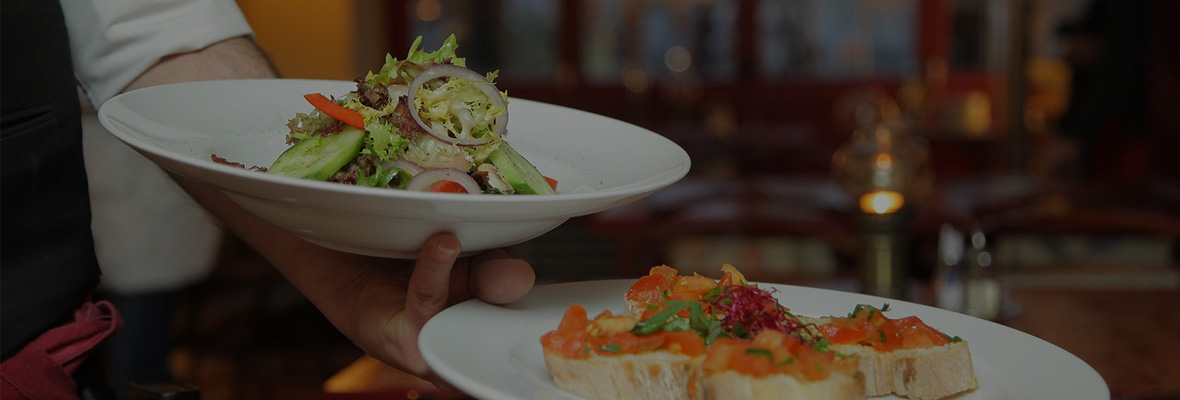What can you do with a Certificate III in Hospitality?
Written by Jodie Magrath
14th December 2020
A Certificate III in Hospitality is an excellent way to start a career serving food and drink to customers in a range of settings. Whether you’re working in a restaurant, café, bar or a club or hotel, this qualification will give you the skills and knowledge you need to begin work in this busy industry. You might be waiting tables, tending a bar or taking customer orders. Perhaps you will be making coffees, preparing meals or working at large events like weddings or conferences. Whatever role you have in mind, this course will prepare you with hospitality skills to suit a range of career goals.
The Certificate III in Hospitality explores a variety of topics relevant to working in hospitality. You’ll cover information about working with customers such as providing service and showing social and cultural sensitivity. You’ll learn how to communicate with customers and address their varying needs. You’ll look at workplace hygiene and food safety and learn how to work effectively as a member of a team. This course will explain how to provide advice to visitors or diners and explore ways to deal with issues, problems and conflicts.
Working in hospitality is an excellent career path for people who enjoy being with other people. Strong personal skills are important and you’ll need to be a good communicator. If you enjoy customer service and helping people, hospitality could be a great choice for you. Hospitality workers often work irregular hours including weekends and public holidays so you’ll need to be prepared for a range of shifts.
A Certificate III in Hospitality is an ideal course of study for the following careers:
Waiter
A Waiter serves food and drink to customers in a hospitality environment. They might work in a restaurant or café or serve people at large special events. A Waiter may show patrons to their table and take their order. They will bring food and drinks to customers, answer any questions they have and attend to any other needs that arise. Waiters may also serve finger food, drinks or canapes to customers at large venues.Barista
A Barista makes and sells coffee drinks. They might work in a café or coffee shop or they might be part of a larger restaurant or venue. Baristas have a passion for coffee and an extensive knowledge of their expert area. They might provide information or advice to customers about their choice of drink. Baristas prepare beverages for customers but they might also have to take orders and process sales. They may also serve coffee at special events.Hotel Receptionist
A Hotel Receptionist works on the front desk of a hotel, motel or other accommodation facility. They greet customers and check them into their room. They may provide information or advice to customers on their venue or location. Hotel Receptionists also answer phone calls and emails and respond to queries or booking requests. They may have to attend to customer needs during their stay.Higher education pathways
A Certificate III in Hospitality is a great way to get started in a hospitality career. You could also consider specialising your studies with a course such as a Certificate III in Events, Certificate III in Patisserie or a Certificate III in Tourism. You might also consider furthering your studies with a Certificate IV in Hospitality, Certificate IV in Baking or a Certificate IV in Commercial Cookery.
If you decide to take your hospitality career further you could enrol in a university degree such as a Bachelor of Hospitality Management or a Bachelor of Tourism, Hospitality and Event Management. A university degree can expand your career opportunities and may allow you to be employed in a position with more responsibility. You may be able to use a Certificate III in Hospitality as a pathway to these courses.
Getting started
If you’re planning to enrol in a Certificate III in Hospitality, make sure you compare courses from a range of providers. Start by finding out information on the duration of the course, costs, any prerequisites and the content the course will cover. There is usually some variation in the way providers deliver their courses so it’s important you compare information to find the right course for you.







